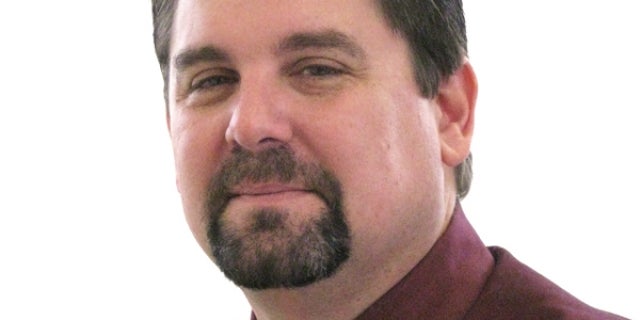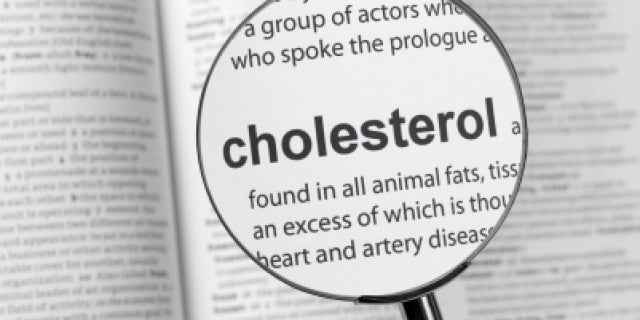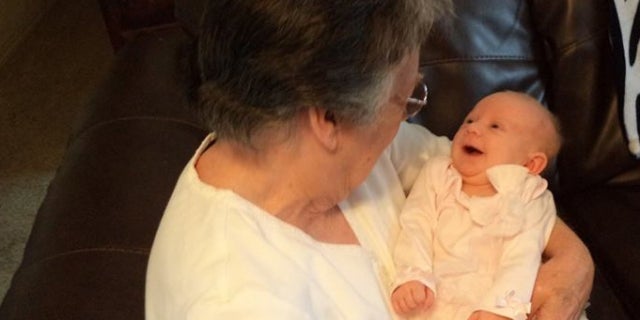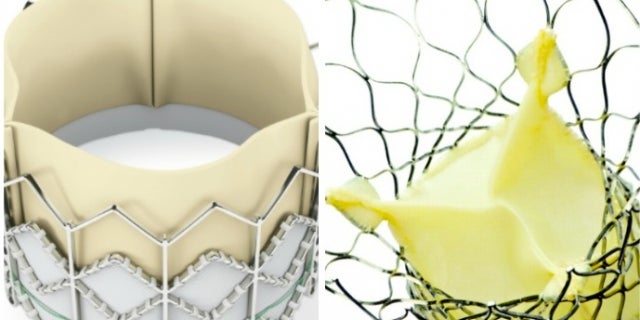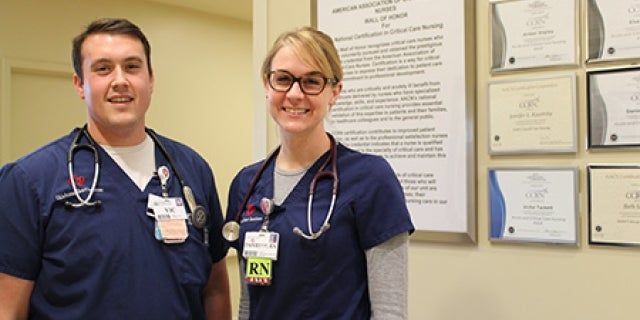David Hubbard, 50, pays close attention to detail. The associate-senior project manager with a local architectural firm easily recalls the month-long journey from hospitals, Emergency Departments, doctors’ offices and operating rooms that led to a tearful exchange between his wife, Pam, and Oklahoma Heart Institute cardiologist Dr. Kyle Zimmerman. “They hugged and cried a bit,” David adds. “He described it as an astonishing fourth quarter victory.”
It all started in March when David woke up in pain. “I thought initially I had slept wrong and was having a spasm, but soon I realized I... Read More »

